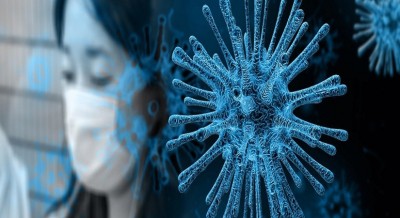New York, Feb 7 : Healthy people volunteering to be infected with SARS-CoV-2, in order to help scientists better understand how to tackle the virus, should receive payment — if it is determined that these studies are otherwise ethical to proceed, new research suggests.
The researchers assessed the ethics of paying participants to take part in the so-called ‘Human Infection Challenge Studies’ (HICS) and said that they do not necessarily endorse the use of HICS for Covid-19. But if HICS proceed, not only should participants be paid, but their payment should be “substantial”.
“Our work was spurred by concerns that payment for SARS-CoV-2 HICS might require a novel ethical framework, which we ultimately determined to be unfounded,” said lead author Holly Fernandez Lynch from the University of Pennsylvania.
“Payment for HICS participation should be treated like payment in other clinical studies involving healthy participants,” Lynch added.Over the past few months, there has been vast media coverage and discussion about the first Covid-19 HICS in the world planned to begin in the UK later this year.
This type of study can be particularly valuable for testing vaccines and can speed up the development of new vaccines, the team said.Using HICS for a disease that can be fatal and currently lacks a cure is ethically controversial. Part of that controversy has to do with whether participants should be paid for such a risky endeavour and how payment might affect their consent, they added.
For the study, published in the journal American Journal of Bioethics, the research team created a framework for scientists to follow in order to ethically assess payments for people taking part in HICS. They also looked at payment in similar studies but noted the difficulty of finding out this information.The framework the team has developed is split into two parts.
The first focuses on three main motives for payment — ‘reimbursement’ (for out-of-pocket expenses), ‘compensation’ (which includes payment for time, burden, inconvenience of isolating, etc.), and ‘incentive’ (to broaden the range of individuals willing to consider participation). The second part considers appropriate compensation in the event any harm materializes — ranging from injury to death.
Disclaimer: This story is auto-generated from IANS service.

